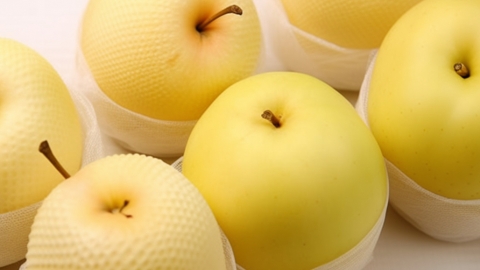What are the contraindications for stewed pear with Sichuan Fritillary Bulb?
Generally, although stewed pears with Sichuan Fritillaria (Chuan Bei) have certain nourishing effects, they are not suitable for everyone. The main contraindications include specific populations who should avoid consumption, individuals with spleen and stomach deficiency-cold should consume cautiously, those with cough due to wind-cold should not consume, excessive consumption should be avoided, and it should not be taken with certain foods. Detailed explanations are as follows:

1. Specific populations should avoid consumption: Pregnant women should consume with caution. As a traditional Chinese herb, the components of Fritillaria may have unknown effects on the fetus; consumption is not recommended without medical guidance. Infants and young children have immature digestive systems and bodily functions; the ingredients in stewed pears with Fritillaria may be difficult to fully digest and absorb, and may even increase gastrointestinal burden.
2. Those with spleen and stomach deficiency-cold should consume cautiously: Pears are slightly cold in nature, and Fritillaria is also cool in nature. Individuals with spleen and stomach deficiency-cold often experience symptoms such as diarrhea, bloating, and cold intolerance. Consuming stewed pears with Fritillaria can further exacerbate internal cold, leading to increased frequency of diarrhea and worsened abdominal pain, with severe cases potentially affecting normal digestive function.
3. Individuals with cough due to wind-cold should not consume: Stewed pears with Fritillaria are mainly used to alleviate cough caused by dry heat, such as cough accompanied by yellow phlegm and dry, sore throat. Those with wind-cold cough typically present with coughing accompanied by white phlegm, cold intolerance, and clear nasal discharge. Consuming this cool-natured preparation may worsen wind-cold symptoms, making the cough difficult to resolve.
4. Excessive consumption should be avoided: Even for suitable individuals, excessive consumption of stewed pears with Fritillaria should be avoided. Overconsumption may irritate the gastrointestinal tract due to its cold nature, causing bloating and indigestion. Additionally, due to its high sugar content, excessive intake may lead to blood sugar fluctuations.
5. Should not be consumed with certain foods: During consumption of stewed pears with Fritillaria, it is not advisable to eat cold-natured foods such as crab, watermelon, or bitter melon simultaneously, as this may compound cold stimulation and damage the yang energy of the spleen and stomach. It also should not be taken with spicy foods such as chili peppers and ginger, as this may affect its efficacy and potentially irritate the throat, worsening discomfort.
It is recommended that individuals determine whether their constitution and symptoms are suitable before consuming stewed pears with Fritillaria, ensuring appropriate consumption conditions. Attention should also be paid to controlling the amount consumed and avoiding simultaneous intake with contraindicated foods, to better exert its benefits and reduce the occurrence of adverse reactions.




